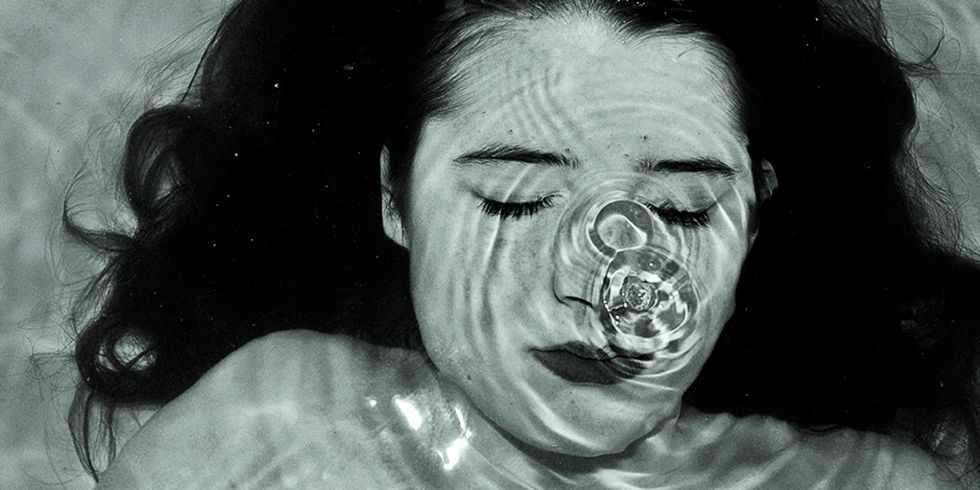Imagine two situations: in one, a woman is limping and appears to have difficulty walking. In the other, a man is lost and agitated, talking to himself. Which person would you find yourself more likely to help, and which would you not only not help but also go to great lengths to avoid? The answer is almost unanimously the same: the man would be avoided and the woman would be offered a helping hand. This in itself is an example of the stigma on mental health disorders that you yourself are a part of, without even consciously realizing so.
A stigma is known as “a mark of disgrace associated with a particular circumstance, quality, or person." This “mark of disgrace" brand on mental illnesses can be seen in our society through our use the word “crazy" as an insult. The word “broken" is not used as an insult, because physical illnesses do not hold the same negative connotation. This stigmatization is further demonstrated in our society, because when someone is described as “crazy", it is as if they are no longer a person, or lack human qualities. They are treated as less than or seem to be equated to their illness.
The reactions to mental illnesses vary greatly from the reactions to physical illnesses. If someone suffers from Anorexia, they are told to just eat; If they have anxiety, they say just to calm down, or of Depression, to just cheer up. If someone suffers from Asthma, they are not told to just breathe, or from a broken ankle to just walk it off. Mental illnesses are seen as shameful due to the belief that if you just try then you can get over it, and if you are not over it then you simply did not try. The fault lies completely on the one suffering, even if they are doing just that, suffering.
About one in five Americans suffer from a diagnosable mental disorder in any given year, but many do not seek treatment due to this harmful stigma. Those that suffer from mental illnesses are just as sick as those suffering from physical illnesses. However, those who suffer from mental illnesses are made to feel shame for being sick and this only further exacerbates their illness. It is a vicious cycle that can only be stopped if a great shift is made in society. This shift can only happen if individuals realize that they themselves are not immune to mental illness; they can suffer from anxiety just as they can suffer from twisting their ankle. They must realize that those who suffer from mental illness could be their own family member and are someone else's.
Initially, there were two situations presented to you: one of a woman suffering from a physical illness and one of a man suffering from a mental illness. In your own mind, I'm sure that you found this stigma residing in you, one which you may have not have even known to be there. I hope that now you are able to recognize this within yourself. Perhaps from this point forward, you will be able to enact at least a small amount of change to end this stigma on mental health disorders. The next time you see anyone suffering from an illness, be it physical or mental, I hope that you are able to offer them your hand.
(For more information on this important issue, please visit http://bringchange2mind.org/ and http://www.stopstigmasacramento.org/.)




















